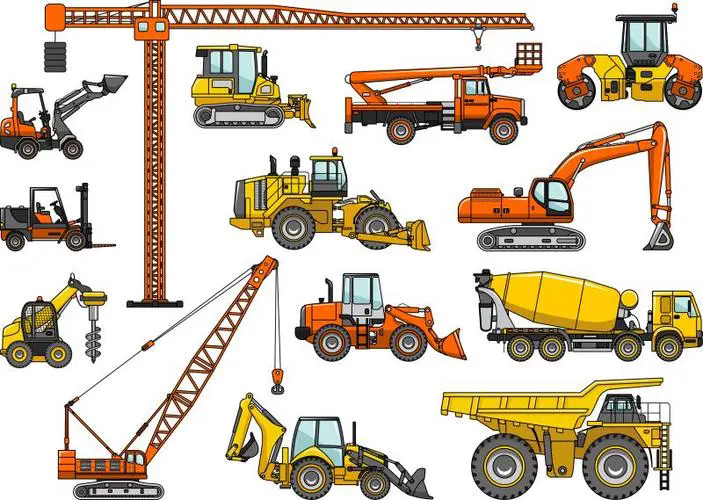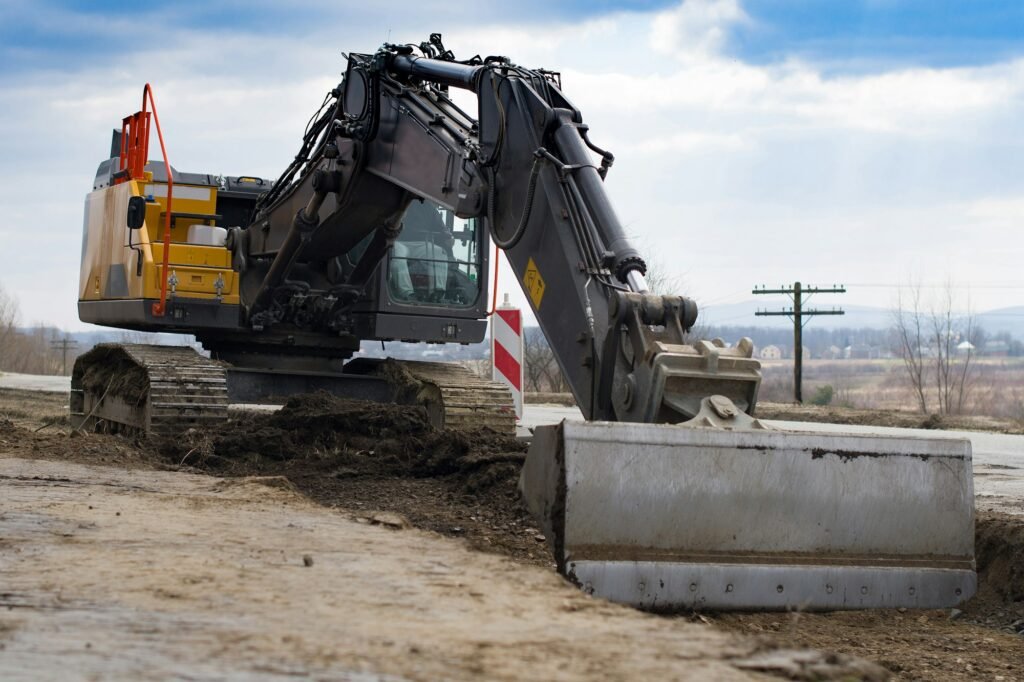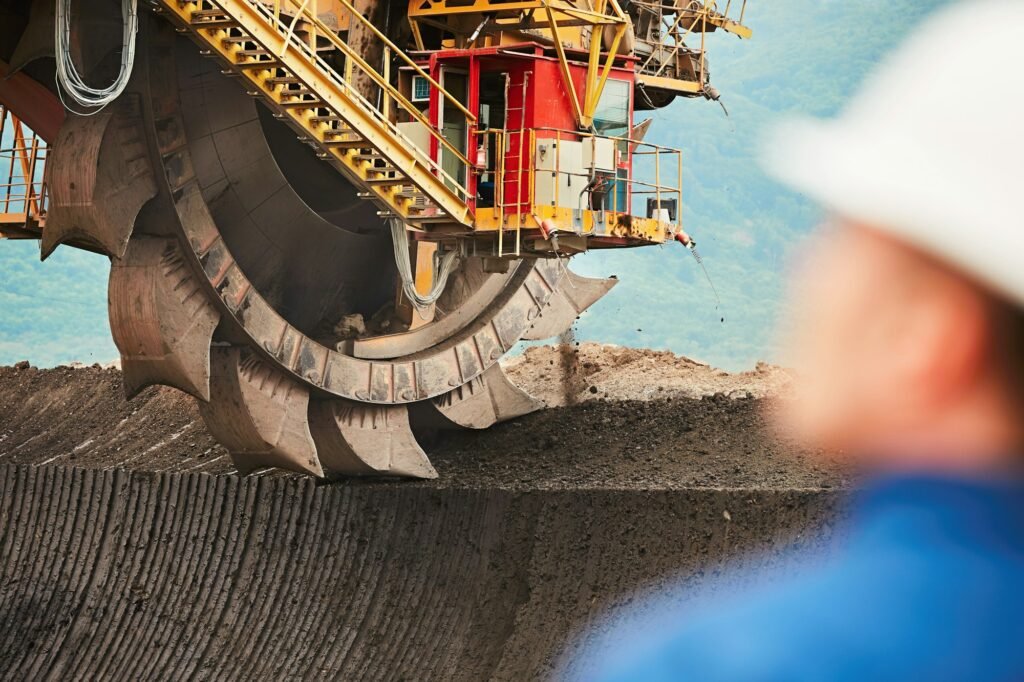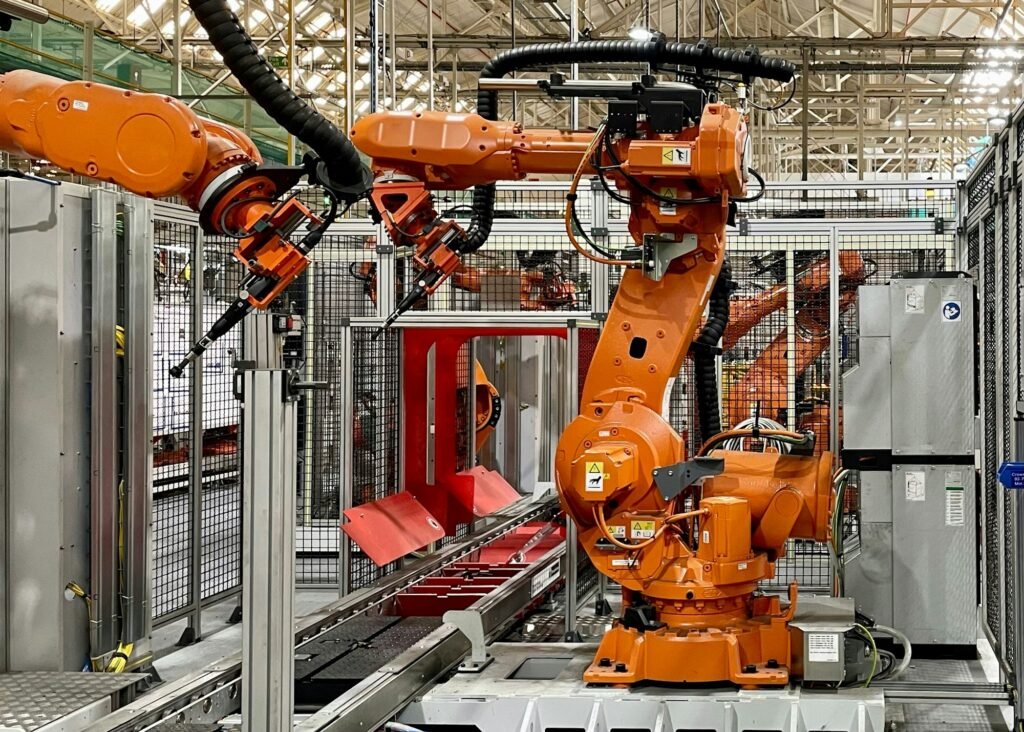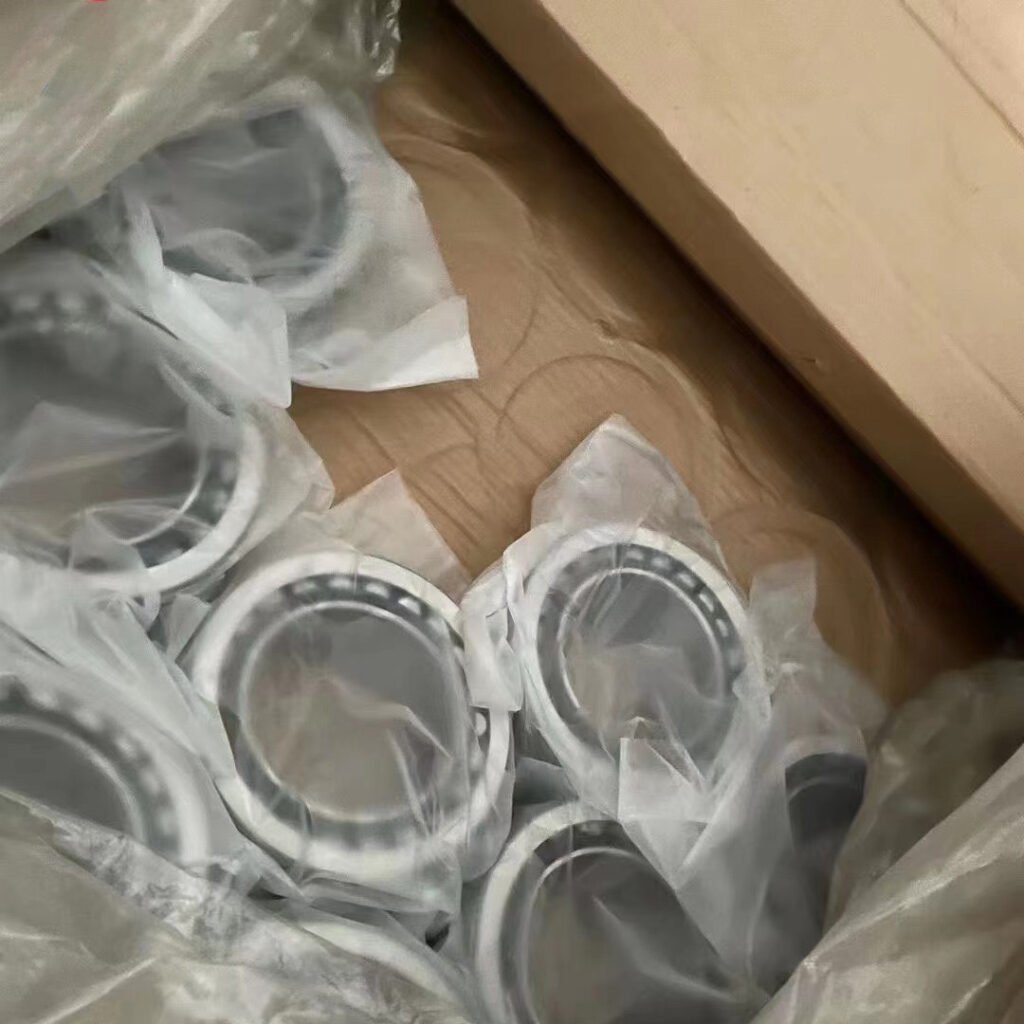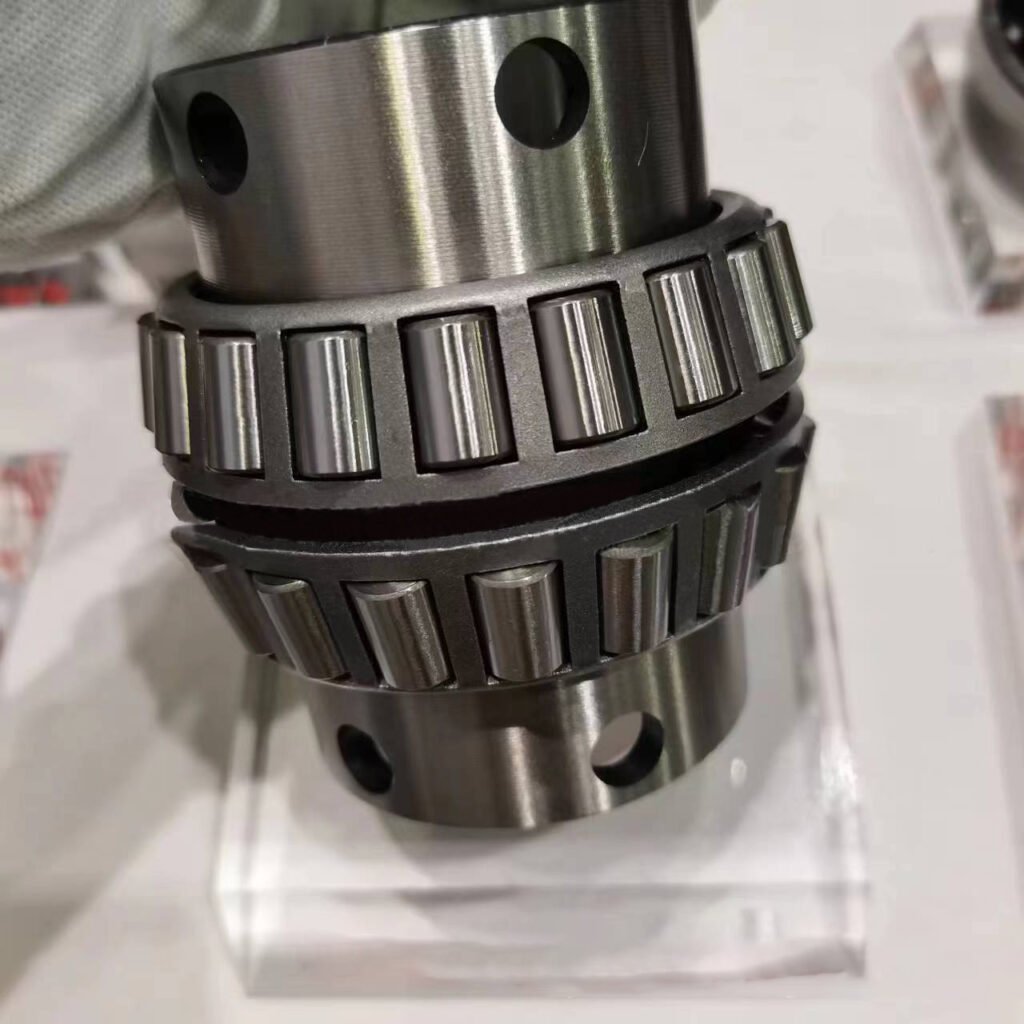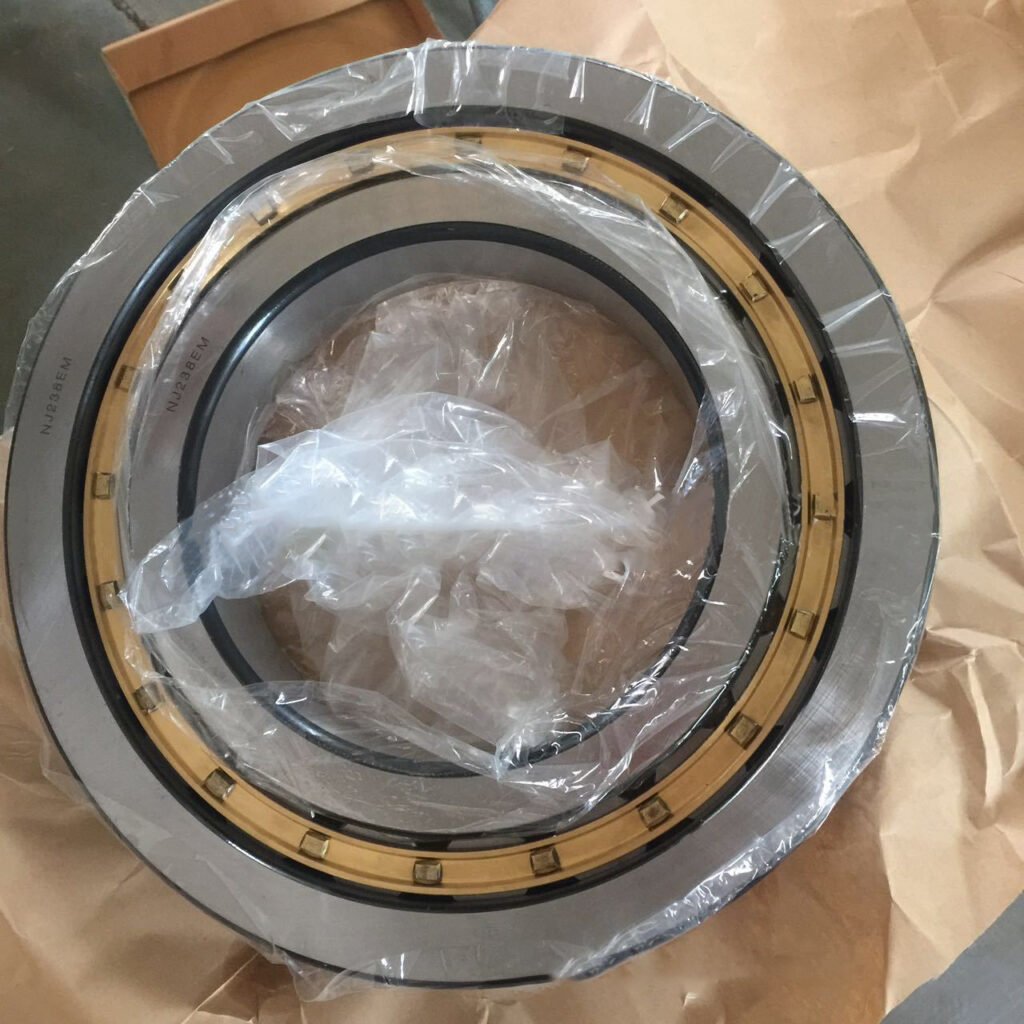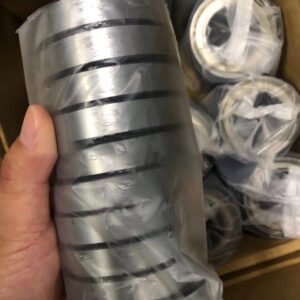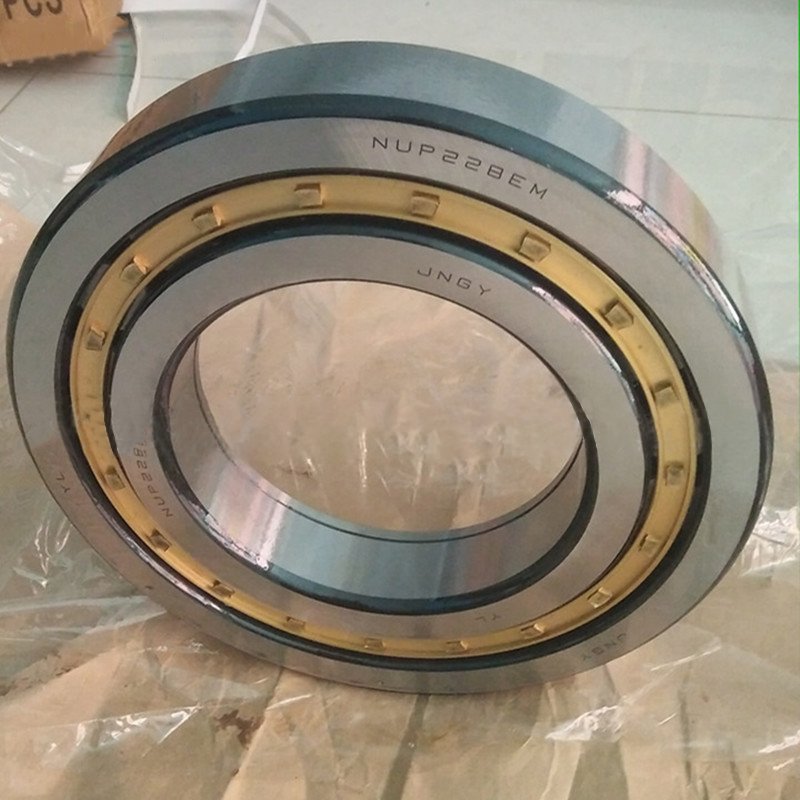Bearings are the unsung heroes of modern machinery, silently ensuring the smooth operation of countless devices, from everyday household appliances to advanced aerospace equipment. The choice of material used in bearings is a critical factor that directly impacts their performance, lifespan, and suitability for specific applications. However, with the diverse range of bearing materials available, selecting the right one can be both a technical and strategic challenge. Maxwell As a senior bearing technology engineer, I decided to conduct a comprehensive analysis of bearing materials in this article.
This article delves into the world of bearing materials, offering a comprehensive analysis of their properties, performance characteristics, and industrial applications. Whether you’re navigating the complexities of chrome steel, exploring the innovative possibilities of ceramics, or assessing the practicality of plastic and bronze, this guide aims to equip you with the knowledge to make informed decisions.
By understanding the strengths and limitations of various bearing materials, you can align your choices with the demands of your industry and operational environment. Read on to discover the unique features of each material type and how they contribute to enhancing the efficiency and reliability of machinery across the globe.

1. Carbon Steel Bearings
- Material Composition:
- Typically made from low-carbon steels like AISI 1010 or 1045.
- Properties:
- Moderate hardness and strength.
- Inexpensive compared to other materials.
- Prone to corrosion unless coated or lubricated.
- Less durable under high loads and speeds.
- Performance:
- Operates effectively under light loads and low speeds.
- Requires regular maintenance and lubrication to prevent wear and corrosion.
- Applications:
- Used in household appliances like fans, small motors, and low-cost machinery.
- Suitable for non-critical applications where cost savings are prioritized.
2. Chrome Steel Bearings
- Material Composition:
- High-carbon chromium steel (e.g., SAE 52100 or equivalent).
- Properties:
- Excellent hardness (around 60-65 HRC) due to heat treatment.
- Superior wear resistance and fatigue strength.
- Limited corrosion resistance without special coatings or treatments.
- Performance:
- High durability under high-speed and medium to heavy-load conditions.
- Works efficiently in controlled environments where moisture is minimal.
- Applications:
- Commonly used in industrial machinery, automotive transmissions, aerospace components, and robotics.
- Preferred for high-precision and performance-critical applications.
3. Stainless Steel Bearings
- Material Composition:
- Martensitic stainless steels like AISI 440C or precipitation-hardened grades.
- Properties:
- High corrosion resistance in wet, humid, or mildly aggressive environments.
- Slightly lower hardness compared to chrome steel.
- Good fatigue resistance but not suitable for extreme loads.
- Performance:
- Ideal for moderate-speed and medium-load applications.
- Long service life in corrosive or damp environments.
- Applications:
- Food processing equipment, marine industries, medical devices, and cleanroom environments.
- Essential in industries requiring hygiene and rust resistance.
4. Ceramic Bearings
- Material Composition:
- Made of silicon nitride (Si3N4), zirconia (ZrO2), or alumina (Al2O3).
- Properties:
- Extremely hard and lightweight.
- High resistance to heat, wear, and corrosion.
- Electrically insulating.
- Performance:
- Excellent performance in high-speed and high-temperature applications.
- Minimal friction and long lifespan due to smooth surface finishes.
- Not suitable for very heavy loads as ceramics are brittle.
- Applications:
- Aerospace engines, high-speed turbines, electric motors, and semiconductor equipment.
- Used in applications demanding low friction and high precision.
5. Plastic Bearings
- Material Composition:
- Engineered polymers like PEEK, PTFE, Nylon, or UHMWPE.
- Properties:
- Lightweight and corrosion-resistant.
- Self-lubricating in some cases.
- Excellent chemical resistance but lower load capacity compared to metals.
- Performance:
- Operates quietly and doesn’t require external lubrication.
- Performs well under light loads and moderate speeds.
- Applications:
- Chemical processing equipment, pharmaceutical manufacturing, and food industry.
- Preferred where weight, noise, or chemical resistance are critical.
6. Bronze Bearings
- Material Composition:
- Alloys of copper, tin, and other elements, sometimes impregnated with lubricants.
- Properties:
- High wear resistance and good thermal conductivity.
- Self-lubricating properties enhance performance under heavy loads.
- Performance:
- Suitable for low-speed and high-load operations.
- Tolerant to dirty or abrasive environments.
- Applications:
- Heavy machinery, construction and mining equipment, agricultural tools, and hydraulic systems.
7. Titanium Bearings
- Material Composition:
- Titanium alloys like Ti-6Al-4V.
- Properties:
- High strength-to-weight ratio.
- Exceptional corrosion and heat resistance.
- Non-magnetic and biocompatible.
- Performance:
- Performs well in extreme conditions, such as high temperatures and corrosive environments.
- More expensive than other bearing materials.
- Applications:
- Aerospace components, subsea equipment, and medical implants.
- Utilized in high-performance and weight-sensitive industries.
8. Babbitt Bearings
- Material Composition:
- Soft alloys made from tin, lead, copper, or antimony.
- Properties:
- High conformability to shaft misalignments.
- Soft surface embeds particles to prevent shaft damage.
- Limited lifespan under extreme pressures or temperatures.
- Performance:
- Excellent for slow-moving shafts under high loads.
- Requires continuous lubrication for optimal operation.
- Applications:
- Turbines, compressors, hydropower generators, and old industrial machinery.
Industry Suitability by Performance
| Material | Key Industries | Notable Applications |
| Carbon Steel | Household, low-end machinery | Fans, small motors, basic tools |
| Chrome Steel | Automotive, aerospace, industrial machinery | Gearboxes, robotics, and high-speed tools |
| Stainless Steel | Food, marine, medical | Hygienic equipment, marine pumps |
| Ceramic | Aerospace, semiconductors, electric motors | High-speed spindles, MRI machines |
| Plastic | Food, chemical, pharmaceutical | Light-duty machinery, conveyors |
| Bronze | Construction, mining, heavy machinery | Hydraulic presses, earthmoving machines |
| Titanium | Aerospace, subsea, medical | Jet engines, underwater robotics |
| Babbitt | Power generation, heavy industry | Hydroelectric turbines, old machinery |

